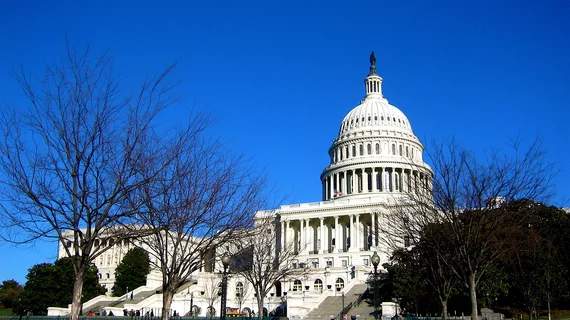House overwhelmingly passes anti-opioid legislation
In a 396-14 vote, the House of Representatives passed the Substance Use-Disorder Prevention that Promotes Opioid Recovery and Treatment (SUPPORT) for Patients and Communities Act, or H.R. 6—bipartisan opioid legislation that aims to curb drug abuse.
Sponsored by Greg Walden, R-Oregon, the package of legislation contains more than 50 individually approved bills to address what President Donald Trump has called a health emergency.
In a Twitter post, House Speaker Paul Ryan, R-Wisconsin, said the SUPPORT bill will fight the opioid crisis by advancing treatment and recovery programs, improving prevention efforts, providing resources to communities and fighting drugs like Fentanyl.
The legislation calls for a review of current opioid prescriptions, development and usage of non-addictive painkillers, making a patient’s addiction history as part of their medical records to prevent relapse and reducing the trafficking of Chinese fentanyl into the country. Additionally, the legislation will expand Medicare and Medicaid-related services to combat drug abuse.
“This is a big deal in the fight against the largest public health crisis in our country,” said Ryan, while addressing the House.
Passage of the legislation was also applauded by the White House press secretary Sarah Huckabee Sanders.
“These necessary bills will help save American lives through prevention and education, treatment and recovery, and law enforcement and interdiction,” Sanders said. “We look forward to continuing our work with Congress on a problem that affects everyone and that should be solved by everyone.”
Opposition votes came from 13 Republicans and a lone Democrat. The legislation is now headed to the Senate for review and passage.

